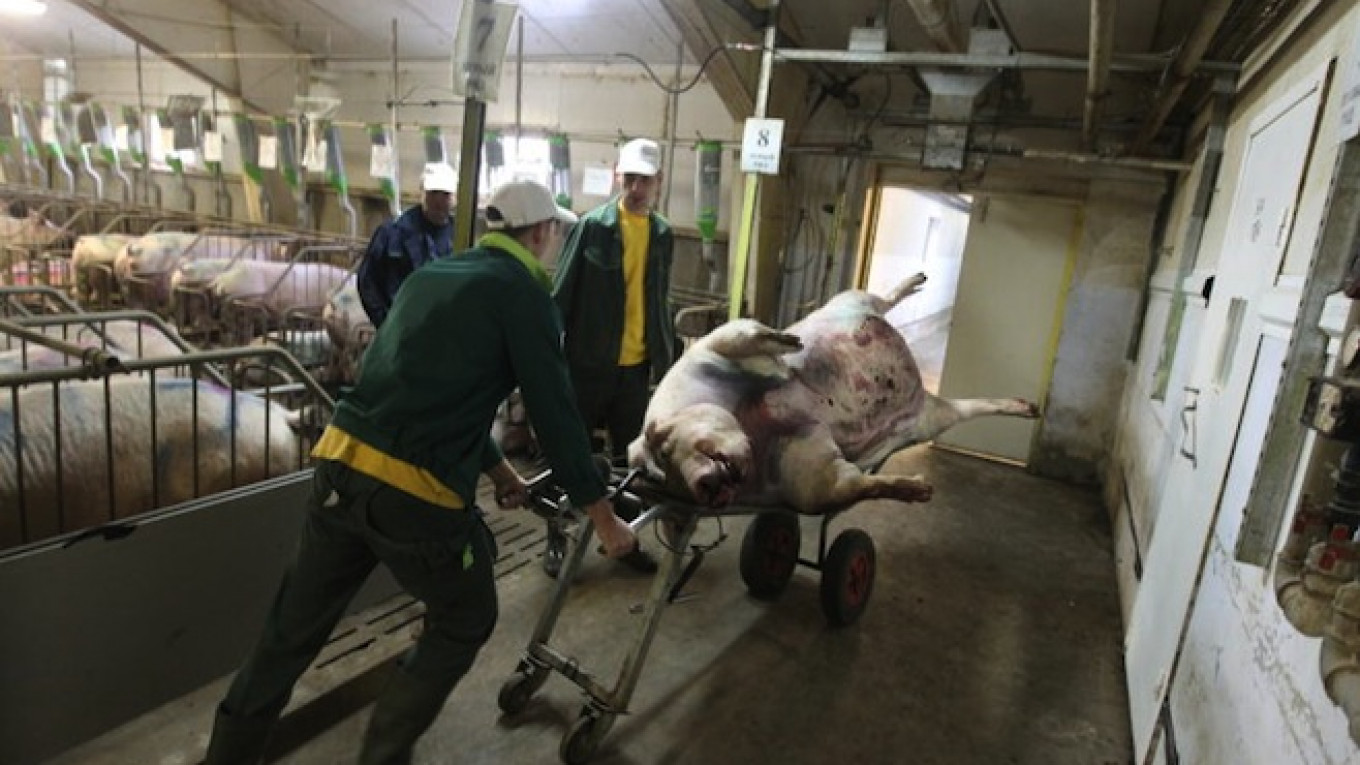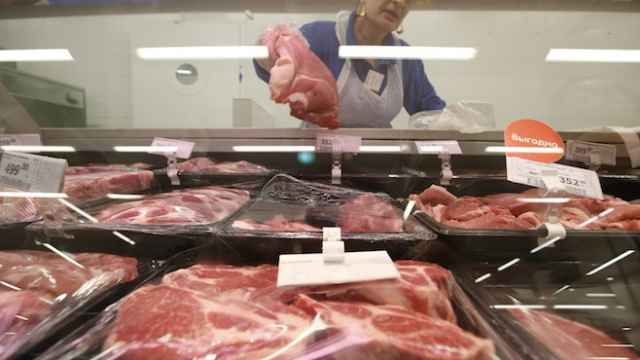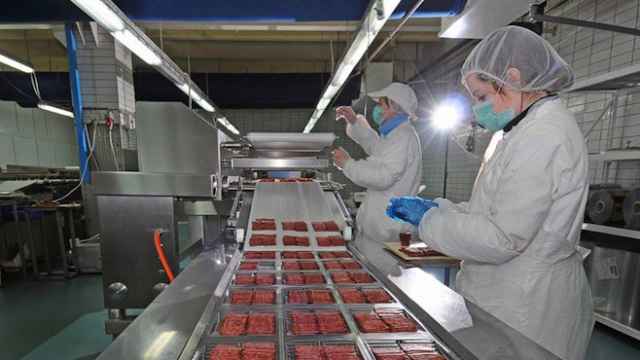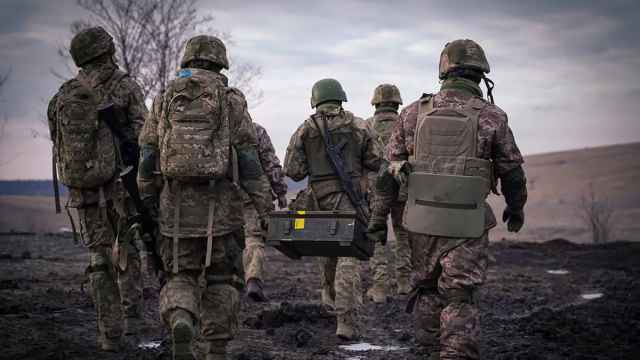A surge in profits at Russian meat company Cherkizovo confirmed it as one of the few winners from a ban on Western food imports, but the pork and poultry producer signaled on Wednesday that a weaker ruble could curb a good run.
Russia slapped a one-year ban on many Western food imports in August in retaliation to sanctions over Moscow's role in the Ukraine crisis, boosting prices and market share for local producers like Cherkizovo and fish firm Russian Sea.
Cherkizovo's net profit rose eight-fold in the third quarter, year-on-year, to $113 million, largely on strong pork prices and low grain costs, while sales grew 21 percent to $501 million, it said.
But inflation, now running at about 9 percent, and a deepening economic downturn could hurt demand.
"Growing inflation and a predicted decrease in households' disposable income will most likely lead to a decrease in meat consumption," the company said.
Cherkizovo said the ruble's weakness was causing "notable increases" in dollar costs such as feed and grain, and might put pressure on its fourth-quarter results.
Its shares rose 0.68 percent by 1105 GMT while the broader MICEX index was up 0.16 percent.
Ratings agency Moody's said the food embargo guaranteed strong demand for local products and supported prices.
"However, the limited time scale of the food embargo ... means that Cherkizovo will be unable to increase its output quickly enough to benefit from the resulting favorable market conditions," it said in a research note.
"Moreover, given the long-term payback period of new projects [over five years in the pork segment,] the company is unlikely to make any significant investment decisions based on such short-term factors as the food embargo."
Cherkizovo said it still planned to increase production in key segments next year and was confident it could operate successfully in a stagnating market.
Cherkizovo is 65-percent owned by Chairman Igor Babaev and his family, including Chief Executive Sergei Mikhailov.
A Message from The Moscow Times:
Dear readers,
We are facing unprecedented challenges. Russia's Prosecutor General's Office has designated The Moscow Times as an "undesirable" organization, criminalizing our work and putting our staff at risk of prosecution. This follows our earlier unjust labeling as a "foreign agent."
These actions are direct attempts to silence independent journalism in Russia. The authorities claim our work "discredits the decisions of the Russian leadership." We see things differently: we strive to provide accurate, unbiased reporting on Russia.
We, the journalists of The Moscow Times, refuse to be silenced. But to continue our work, we need your help.
Your support, no matter how small, makes a world of difference. If you can, please support us monthly starting from just $2. It's quick to set up, and every contribution makes a significant impact.
By supporting The Moscow Times, you're defending open, independent journalism in the face of repression. Thank you for standing with us.
Remind me later.






